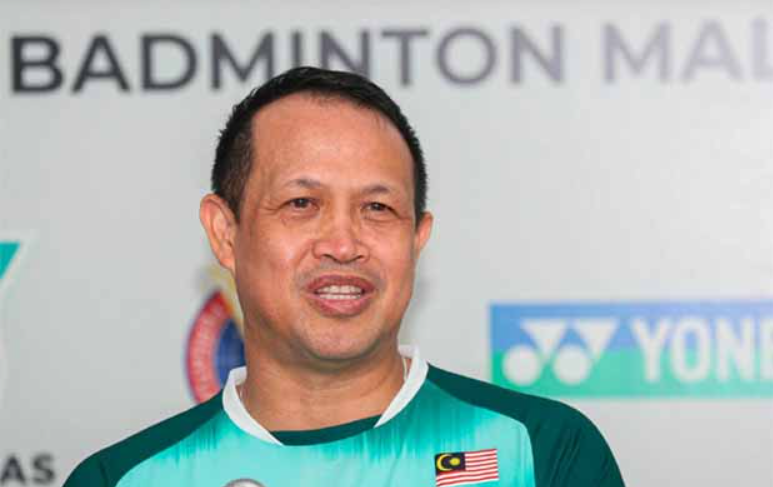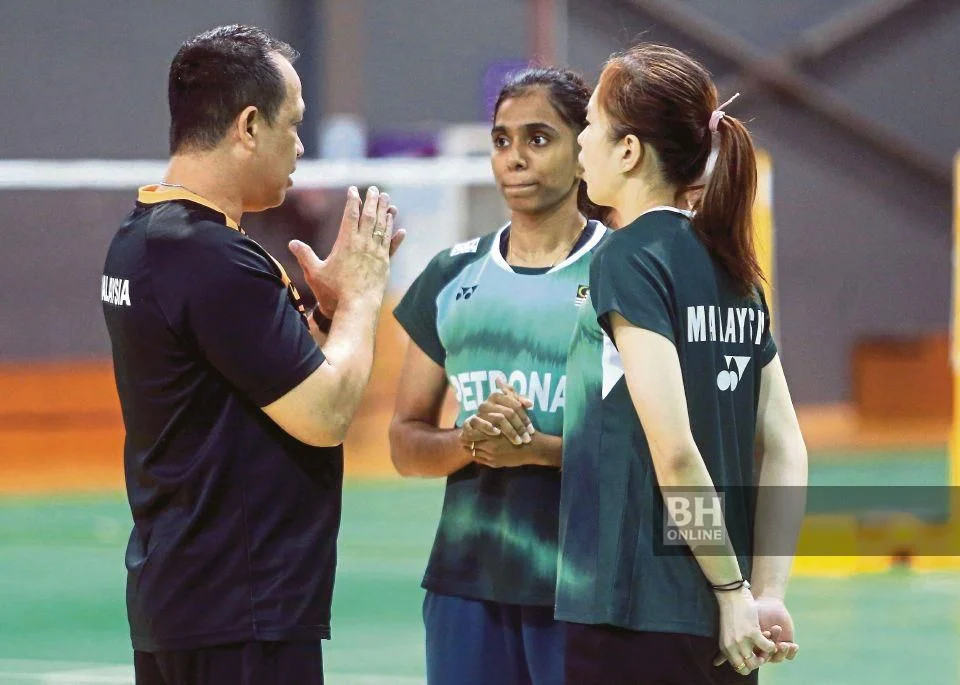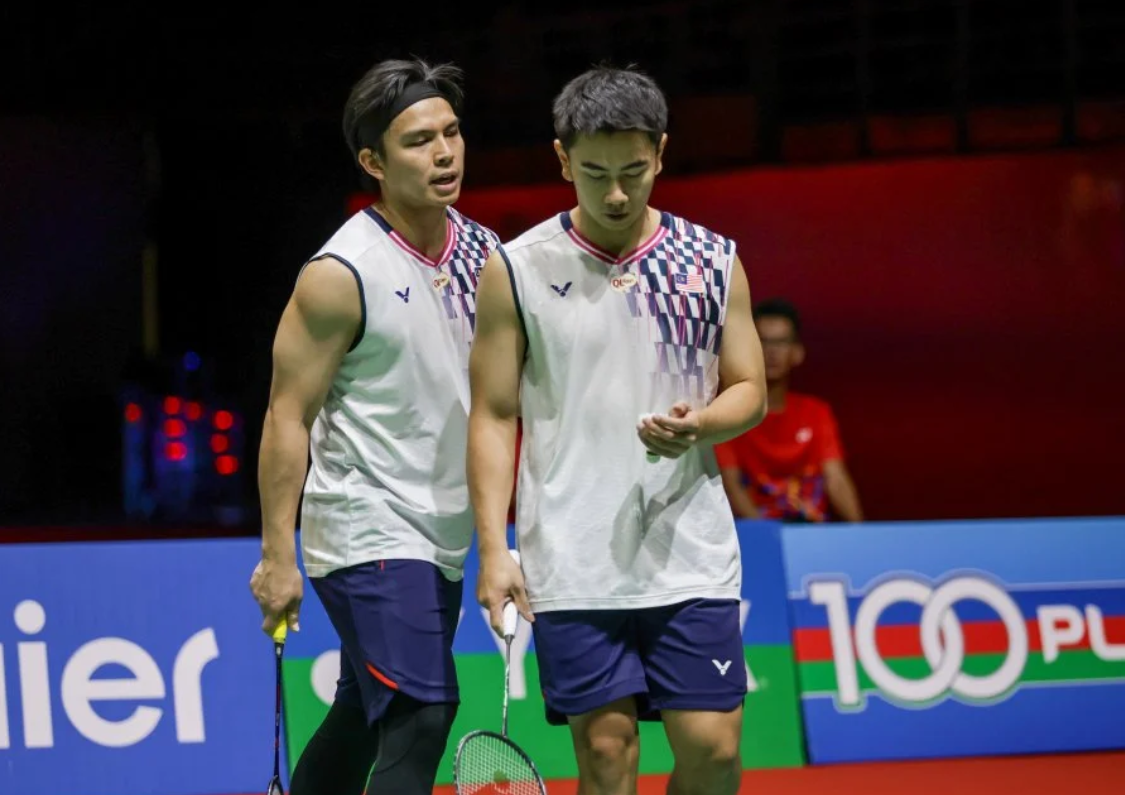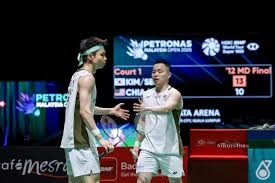Malaysia’s doubles chief Rexy Mainaky urges badminton coaches to focus on building mentally strong players, not just refining technique, to succeed at the elite level.
Technical ability alone is no longer enough to thrive in elite badminton. That’s the firm belief of Rexy Mainaky, Malaysia’s doubles coaching director, who is calling on coaches to shift focus towards developing mentally resilient athletes.
The former Olympic and world champion emphasized that emotional intelligence and psychological readiness are just as crucial as physical preparation. According to Rexy, too many coaches remain fixated on mechanics — neglecting the inner game that often determines who succeeds and who falters under pressure.
“We can’t treat players like robots, reacting only to red for mistakes or green for success,” said Rexy. “They’re human. Coaching isn’t just about drills and strategies — it’s about understanding, empathy, and timing.”
Rexy, who has been widely credited for reinvigorating Malaysia’s doubles scene in recent years, believes that emotional inconsistency — not technical flaws — is often the root cause of fluctuating performances at the highest level.
Drawing parallels with parenting, he explained that players — like children — require not just instruction, but guidance, emotional support, and patience.
“A player might make poor decisions on court not because they lack ability, but because their focus is shaken or confidence is low,” he explained. “Coaches must read these signs and respond — not with criticism, but with direction.”
He stressed the importance of recognizing subtle changes in a player’s attitude, especially when effort in training doesn’t translate into results on court.
“If a player trains hard but performs inconsistently, the issue may not be physical. It could be mental — maybe something distracted them before the match. Coaches need to dig deeper.”
Rexy added that genuine progress comes when there is alignment between the coach’s vision and the athlete’s mental state. A technically improved player who still suffers mental lapses will struggle without the right mindset.
“We need to ask — what’s the real cause behind a good or bad performance? Once we identify it, that’s when real coaching begins.”
Furthermore, Rexy believes that a coach’s responsibility must extend beyond the court. He advocated for a holistic approach that includes monitoring players’ rest, diet, emotional well-being, and life outside badminton.
“High-level preparation involves more than just shuttle drills. It’s about creating a healthy, focused lifestyle. Coaches must help players build that structure — and help them want success, not just train for it.”
With Malaysia seeking greater consistency and podium finishes on the world stage, Rexy’s message is clear: to shape champions, coaches must coach the mind, not just the racquet.




